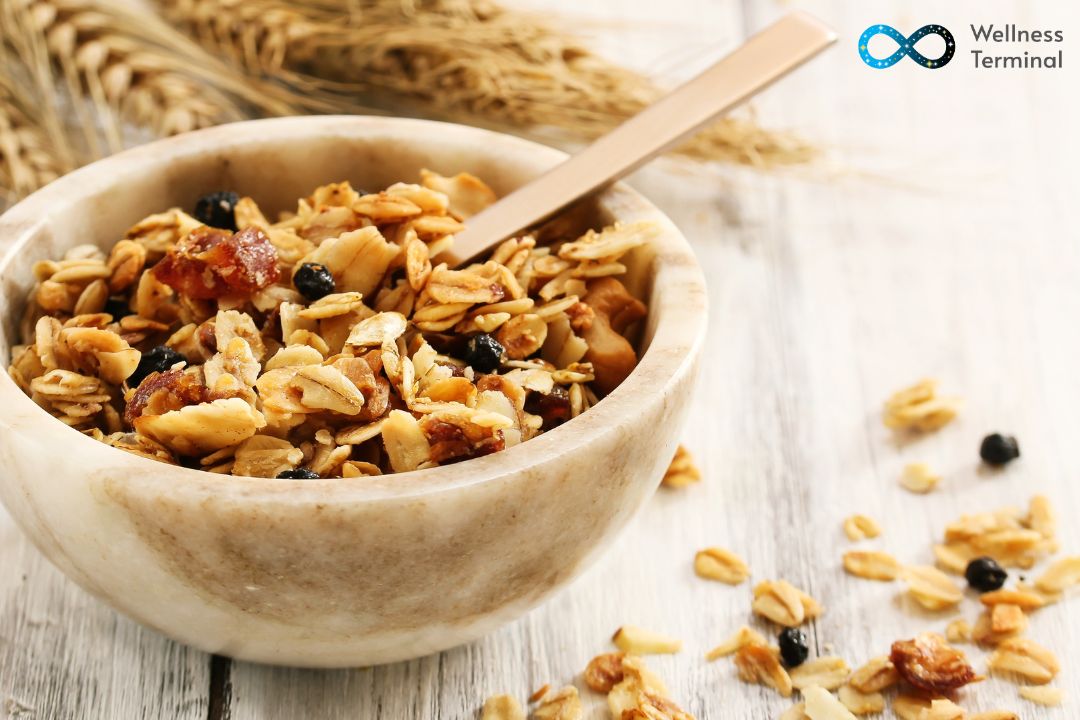In our fast-paced lives, maintaining high energy levels is essential for productivity, focus, and overall wellness. While caffeine-laden beverages might offer temporary boosts, sustainable energy largely depends on the quality of our diet. The foods we consume play a significant role in providing the necessary fuel for our bodies. In this article, we'll delve into the ways dietary choices impact energy levels and offer practical tips on incorporating energy-boosting foods into your daily meals.
Understanding the Connection
The relationship between food and energy is complex. The body converts the macronutrients we consume—carbohydrates, proteins, and fats—into energy in the form of adenosine triphosphate (ATP). Additionally, vitamins and minerals act as co-factors in energy production pathways. The choices we make in terms of food quality, nutrient content, and meal timing directly influence our energy levels throughout the day.
Energy-Boosting Foods
Complex Carbohydrates: Carbohydrates are the body's preferred source of energy. Opt for complex carbohydrates like whole grains, oats, quinoa, and sweet potatoes. These foods provide a steady release of glucose into the bloodstream, preventing rapid spikes and crashes in energy levels.
Protein-Rich Foods: Protein plays a vital role in maintaining muscle mass and regulating energy levels. Include lean sources of protein such as poultry, fish, beans, lentils, and Greek yogurt in your meals. Protein helps keep you feeling full and supports sustained energy throughout the day.
Healthy Fats: Incorporate sources of healthy fats, such as avocados, nuts, seeds, and olive oil. These fats provide a concentrated source of energy and contribute to overall satiety.

Fruits and Vegetables: Rich in vitamins, minerals, and antioxidants, fruits and vegetables support cellular energy production and combat oxidative stress. Berries, citrus fruits, leafy greens, and colorful vegetables are excellent choices.
Hydration: Dehydration can lead to feelings of fatigue. Make sure to stay adequately hydrated by consuming water, herbal teas, and hydrating foods like watermelon and cucumber.
Nuts and Seeds: Almonds, walnuts, chia seeds, and flaxseeds are packed with essential nutrients and healthy fats that can provide sustained energy.
Dark Chocolate: Dark chocolate with a high cocoa content contains natural compounds like theobromine and antioxidants that can boost mood and provide a mild energy lift.
Eating for sustained energy involves making mindful choices that nourish your body with the right nutrients. Incorporating complex carbohydrates, lean proteins, healthy fats, and hydrating foods can provide a steady stream of energy throughout the day. By adopting these strategies and making thoughtful choices in your diet, you can support your vitality and enhance your overall sense of wellness.

